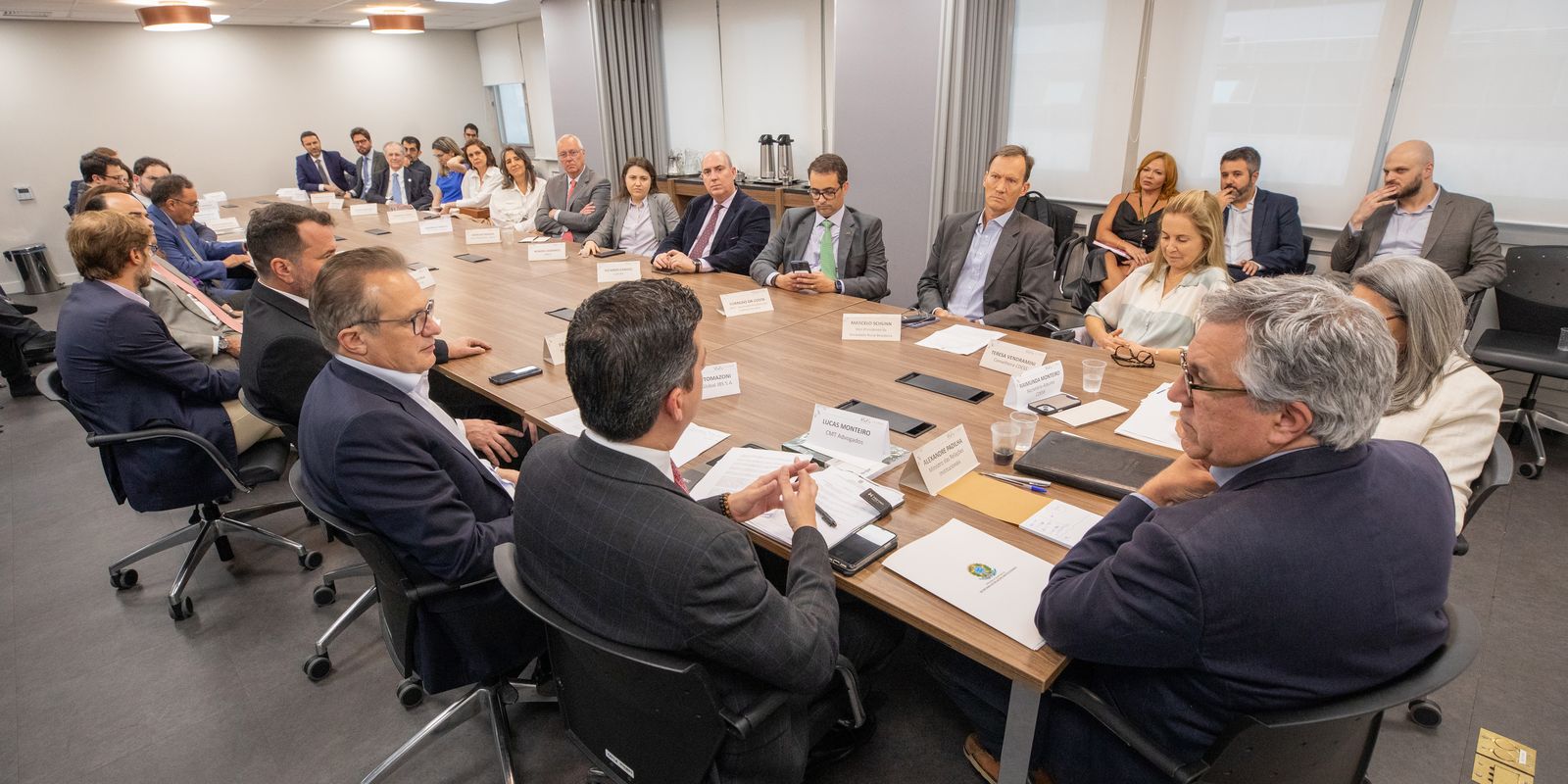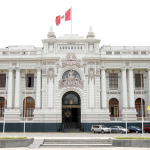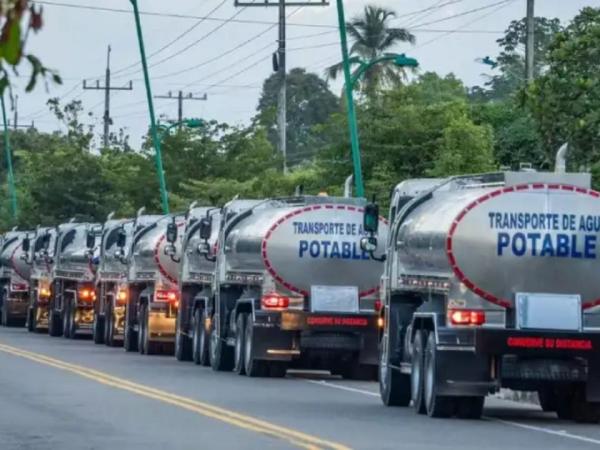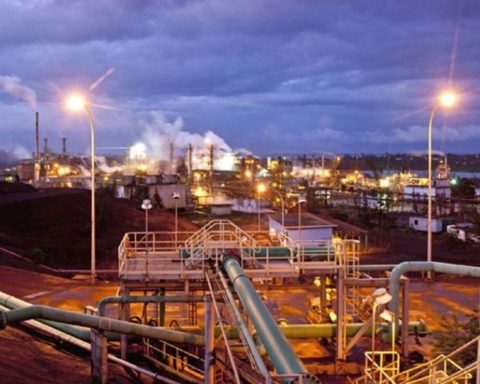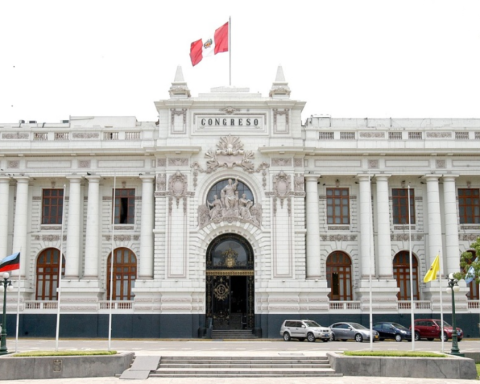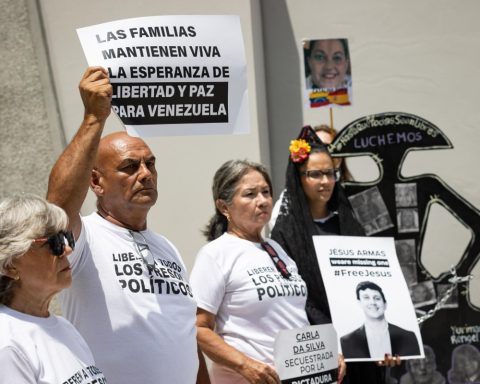The Minister of Institutional Relations, Alexandre Padilha, said this Friday (11), in São Paulo, that the federal government asked the National Congress to urgently analyze the bill on environmental crimes. The proposal currently being processed in Congress provides for an increase in penalties and fines for environmental crimes. 
“The government has already requested an urgent request for the approval of a bill that is already in the Chamber, it was from the Senate, which increases penalties against environmental crimes, that is, for those who carry out criminal acts of setting fire to our forests, in the Cerrado, in the Pantanal. We have already asked for an urgent request to vote on this bill”, he said today in an interview with journalists, in the capital of São Paulo.
The government’s expectation is that the urgency request will be voted on in the first in-person session of Congress. “And then we will look for the National Congress to analyze this as quickly as possible. The advantage of taking advantage of this project that has already been approved in the Senate – and is in the Chamber – is that there can be more speed, including approval, because it has already been approved in the Senate”.
Green Deal
This afternoon, the minister participated in a meeting in São Paulo of the Council for Sustainable Economic and Social Development, the Conselhão, with industrialists and rural producers from Brazilian agribusiness. Among the topics that would be part of the meeting is the European Ecological Pact, known as the Green Deal, and its impact on Brazilian exports.
The Green Deal is a set of policies and strategies articulated by the European Commission
to contain the threat of global warming, presented by the European Union in 2019. The strategy aims to make Europe neutral in greenhouse gas emissions by 2050. This agreement provides, for example, for encouraging the consumption of products from value chains deforestation-free, banning the sale in the bloc of imports – including coffee, cocoa, palm oil and rubber – that were grown in deforested areas.
After complaints from several countries, the European Union announced that it would postpone the implementation of the agreement. As a result, commercial partners, such as Brazil, would have a longer period to adapt to European environmental legislation.
“We are in this discussion. Even the G20 will be an important space for dialogue about this, because it involves the 20 largest nations in the world. The food production and energy production sector from the countryside in Brazil is a strategic sector for the country and our stance always has to be one of defending Brazil’s strategic interests”, the minister told journalists.
According to Padilha, Brazil will take on “a leading role in the agenda of combating climate change in the world and defending sustainability”, but without giving up “food production and agricultural production”. According to him, the country is able to increase its production, without this implying deforestation. “It is possible to increase food production in Brazil, it is possible to increase energy production in Brazil from the countryside, without deforesting more, without harming the environment. We have a lot of land to be recovered.”
For the minister, Brazil has great potential to increase its agricultural and energy productivity through a sustainable path. “I am absolutely certain that regions of the country will become true Arabias in the production of renewable energy”, he highlighted. However, he reinforced, this would be done responsibly. “Sustainability is the way to avoid suffering any type of international sanctions”, he added.
Agenda
In addition to the Green Deal, the minister highlighted, today’s Council meeting would also serve to evaluate common agendas between the government and Brazilian agriculture, such as the Fuel of the Future, which was recently sanctioned by President Luiz Inácio Lula da Silva; the consensus on the regulatory framework for the regulated carbon credit market; and the degraded land recovery program.
“We believe in a common agenda with Brazilian agribusiness, which also involves family farming production, to invest in the recovery of degraded lands in the country, as an important economic activity, an activity that contributes to sustainability, that helps to capture, sequester carbon, that is, it contributes to the debate on climate change in the country”, said Padilha.
Among the companies that participated in the meeting are JBS, BRF, Cosan, FNBF, ABCZ, Cutrale, CropLife, Syngenta, Bayer, ANEA, ANEC, Sociedade Rural Brasileira, Sumitomo, ABAG and CMT Advogados.
